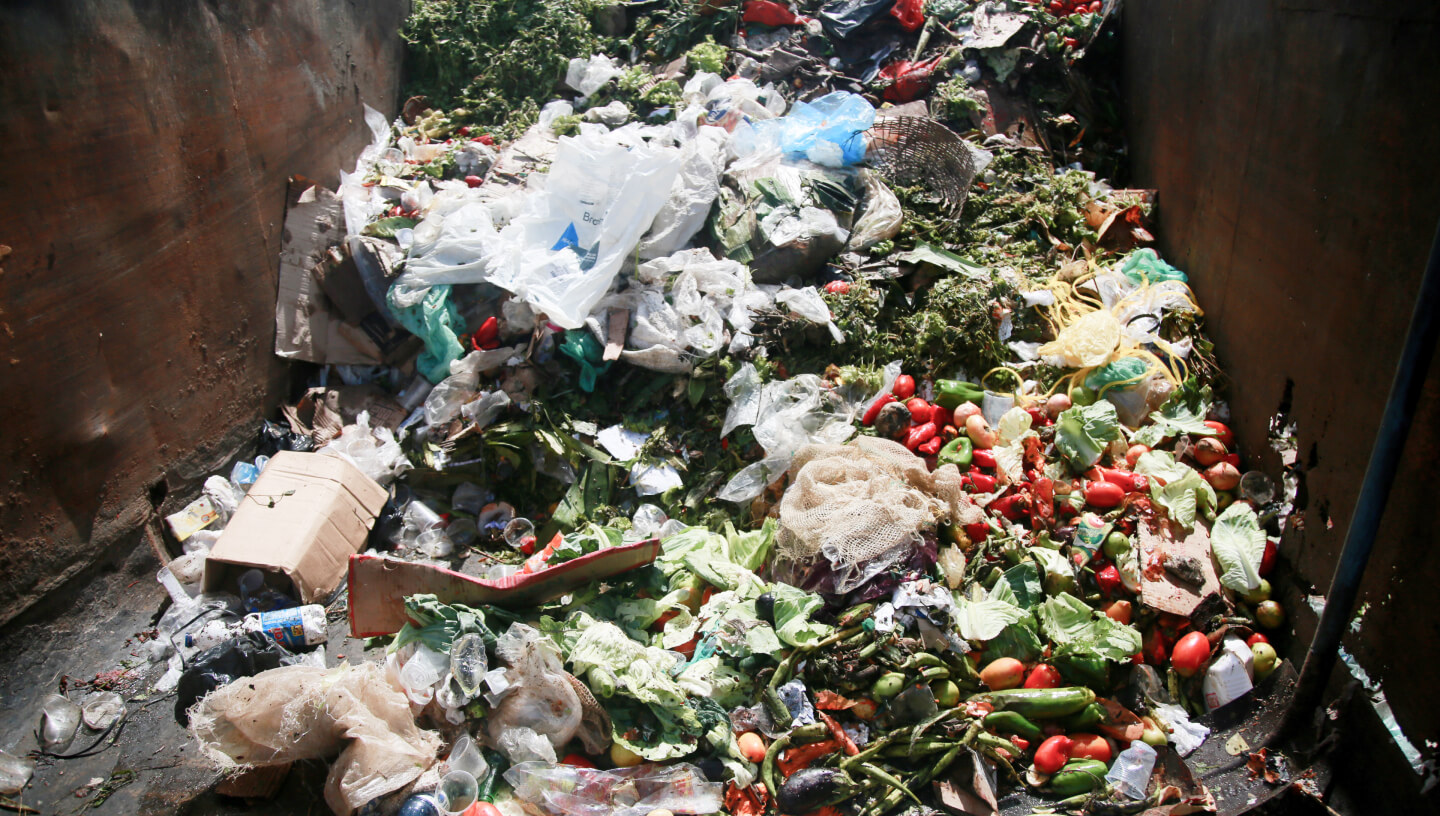27.09.2022
Data published on the climate impact of the food industry in the EU
EU countries must halve food waste by 2030 to beat climate crisis and increase food security.
 Photo by: Joa_Souza / iStock
Photo by: Joa_Souza / iStock
The EU sends 153 million tonnes of food to landfill each year — far more than it imports. This is according to a report by Feedback EU, a non-governmental organisation that works to restore nature through transforming the food system.
The study used calculations from the UN Environment Programme’s Food Waste Index and World Wildlife Fund (WWF) meta-study data for 2021.
Analysts estimate that up to 20% of food produced in EU companies and households each year is discarded at a total cost of €143 billion. In addition, food waste accounts for at least 6% of EU greenhouse gas emissions.
Feedback EU director Frank Mehilsen called the waste of so much food scandalous as food prices and the overall cost of living continue to rise in all countries.
The chief noted that there is an opportunity for European countries to set legally binding targets to cut food waste in half by 2030 in order to tackle climate change and improve food security.
Later in 2022, EU authorities are expected to propose the world’s first legally binding food waste reduction targets.
Feedback EU’s call for a 50% reduction of food going to landfill by 2030 has already been supported by 43 environmental non-profit organisations.
Global food prices last month were 8% higher than a year ago, according to the UN Food and Agriculture Organisation (FAO). The cost of wheat, corn and soybeans this year broke records set at the height of the global financial crisis in 2008.
Industry experts say the era of cheap food is over and prices may remain high even after the current crisis ends.
“Due to the energy crisis, fertilizer shortages, supply chain disruptions, climate change and overall global uncertainty, we have to accept that we will not see products at the prices of a decade ago,” said Abdolreza Abbassian, a grain market analyst and former senior FAO economist, in a commentary for The Guardian.
Agribusiness is considered an important source of climate risk. Industries such as food processing, catering and a few others remain in the shadows. But reducing the carbon footprint at the production stage without simultaneous action in this segment makes no sense, experts say.
Cover photo: GCShutter / iStock














































Comments